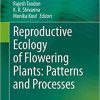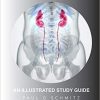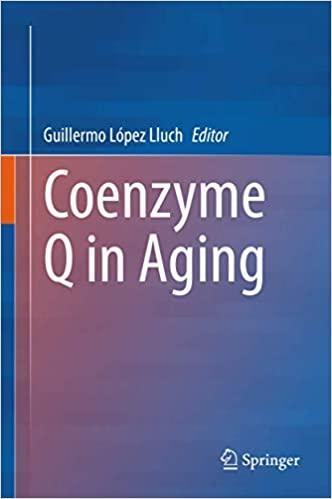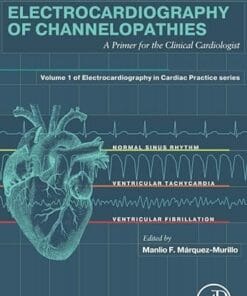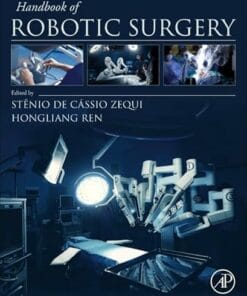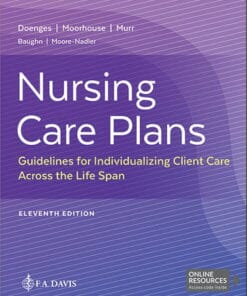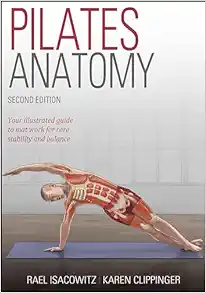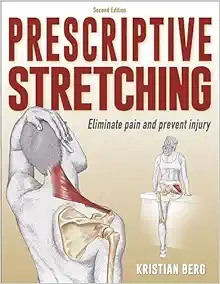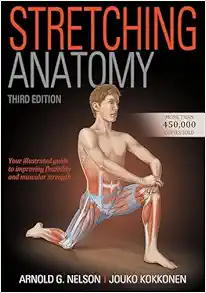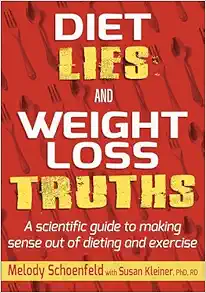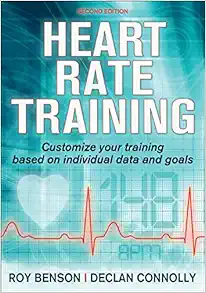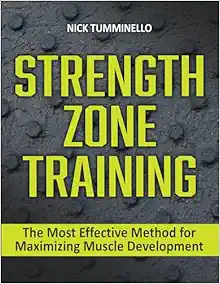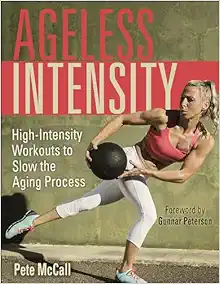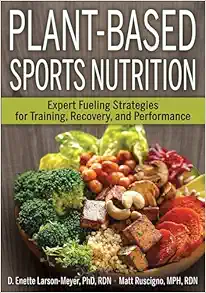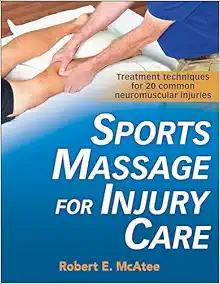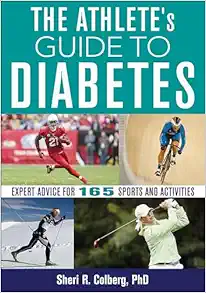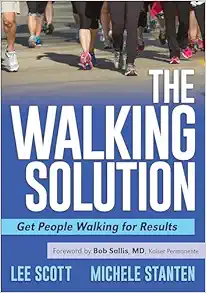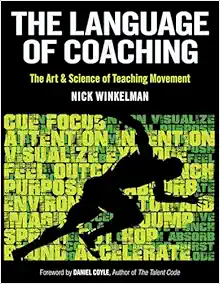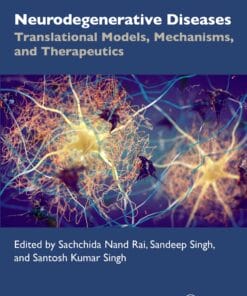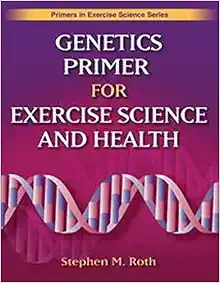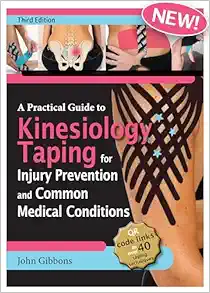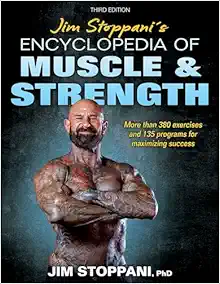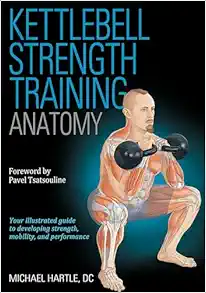Coenzyme Q in Aging 1st ed. 2020 Edition
18 $
Delivery time: Maximum to 1 hours
Coenzyme Q in Aging 1st ed. 2020 Edition
This book offers a comprehensive exploration of research on the essential relationship of the coenzyme Q10 and the process of aging in living organisms. CoQ10 is an important factor in two main aspects of cell physiology: bioenergetics and antioxidant protection. While primary deficiency of CoQ10 is associated with severe and lethal disease, secondary deficiency can be associated with the progression of mitochondrial dysfunction linked to the lessening of biological activities during aging.
The book is organized in four sections. The first offers an overview of the function of CoQ10, highlighting the two main functions of CoQ10 in cells: its essential role as electron transport chain member in mitochondria, and the protection of cell membranes against oxidation as one of the main endogenous-synthesized antioxidants.
The second section covers research on Coenzyme 10. Topics include studies involving invertebrate models, mammal studies and the influence of CoQ on longevity. Also covered is research involving the role of CoQ in senescence-accelerated mice.
Section three examines the effects of reduced CoQ in human aging, as evident in mitochondrial dysfunction, metabolic syndrome, neurodegenerative disorders, immunosenescence and fertility and reproduction.
The final section, Prolongevity effectors and Coenzyme Q, explores research into slowing or stopping the aging process. Coverage includes strategies including calorie restriction, and modulation of CoQ10 levels by induction of synthesis or by supplementation.
Coenzyme Q in Aging benefits a broad readership of researchers, clinicians, educators and students interested in the biochemical and physiological effects of coenzyme Q and the importance of this molecule in aging process.
Product Details
Product Details
- Publisher : Springer; 1st ed. 2020 edition (August 7, 2020)
- Language : English
- Digital eBook : 381 pages
Related Products
Basic Medical Book
Electrocardiography of Channelopathies: A Primer for the Clinical Cardiologist (PDF)
Basic Medical Book
Creative Thinking And Arts-Based Learning: Preschool Through Fourth Grade, 7th Edition (PDF)
Basic Medical Book
Basic Medical Book
Basic Medical Book
Basic Medical Book
Secrets Of Successful Program Design: A How-To Guide For Busy Fitness Professionals (PDF)
Basic Medical Book
Basic Medical Book
Basic Medical Book
Strength Zone Training: The Most Effective Method For Maximizing Muscle Development (PDF)
Basic Medical Book
Basic Medical Book
Basic Medical Book
Basic Medical Book
Velocity-Based Training: How To Apply Science, Technology, And Data To Maximize Performance (PDF)
Basic Medical Book
All-Pro Performance Training: An Insider’s Guide To Preparing For The Football Combine (PDF)
Basic Medical Book
The Language Of Coaching: The Art & Science Of Teaching Movement (PDF)
Basic Medical Book
Basic Medical Book
2023 & 2024 NIRSA Flag & Touch Football Rules Book & Officials’ Manual, 21st Edition (PDF)
Basic Medical Book
Achieving Excellence: Mastering Mindset For Peak Performance In Sport And Life (PDF)
Basic Medical Book
Neurodegenerative Diseases: Translational Models, Mechanisms, And Therapeutics (PDF)
Basic Medical Book
Breathe, Focus, Excel: Exercises, Techniques, And Strategies For Optimal Athletic Performance (PDF)
Basic Medical Book
Developing Speed (EPUB)- NSCA – National Strength & Conditioning Association, 2nd Edition
Basic Medical Book
Developing Speed – NSCA -National Strength & Conditioning Association, 2nd Edition (PDF)
Basic Medical Book
Personal Best Running: Coach Coogan’s Strategies For The Mile To The Marathon (PDF)
Basic Medical Book
Run Healthy: The Runner’s Guide To Injury Prevention And Treatment (PDF)
Basic Medical Book
Smarter Recovery: A Practical Guide To Maximizing Training Results (PDF)
Basic Medical Book
Basic Medical Book
Adapted Aquatics Programming: A Professional Guide, 2nd Edition (PDF)
Basic Medical Book
Genetics Primer For Exercise Science And Health (Primers In Exercise Science) (EPUB)
Basic Medical Book
Aquatech: Best Practices For Pool And Aquatic Facility Operators (PDF)
Basic Medical Book
Becoming A Sustainable Runner: A Guide To Running For Life, Community, And Planet (PDF)
Basic Medical Book
Breathe, Focus, Excel: Exercises, Techniques, And Strategies For Optimal Athletic Performance (EPUB)
Basic Medical Book
Basic Medical Book
Active Games For Children On The Autism Spectrum: Physical Literacy For Life (PDF)


